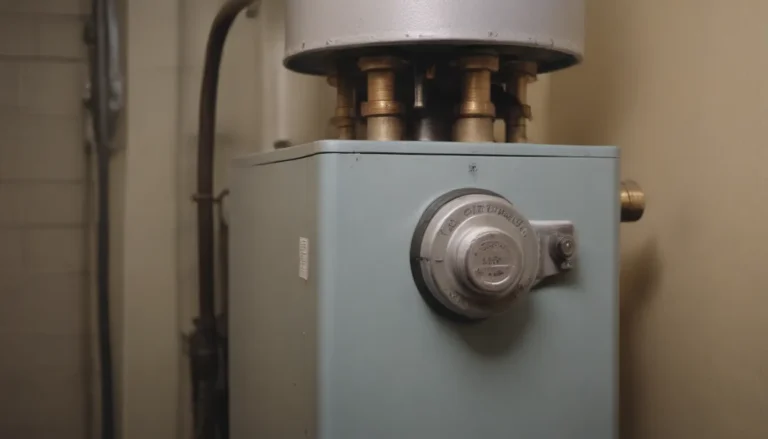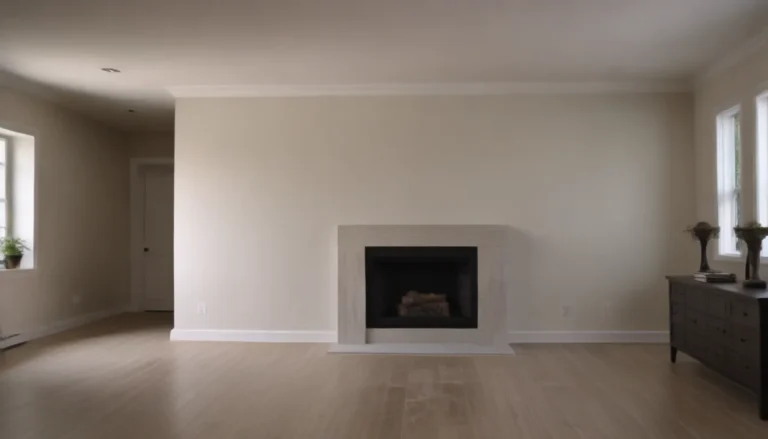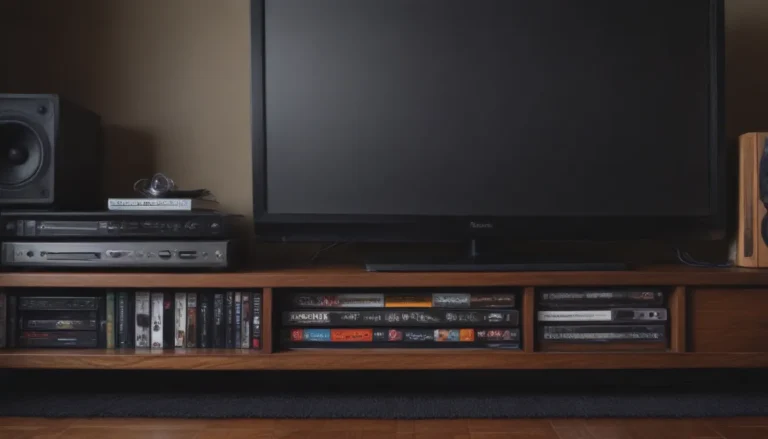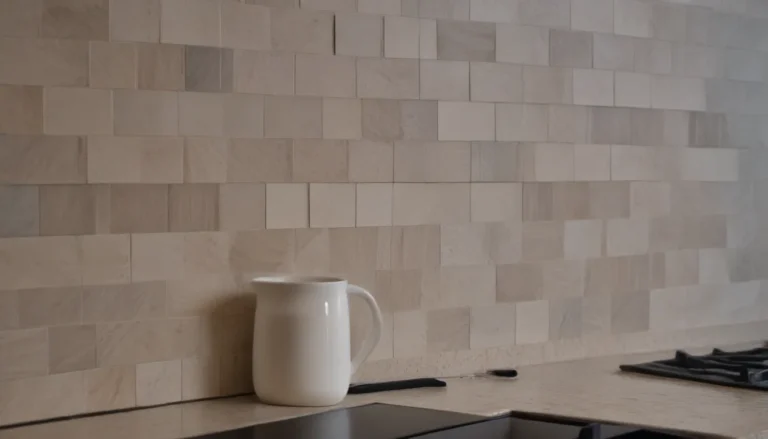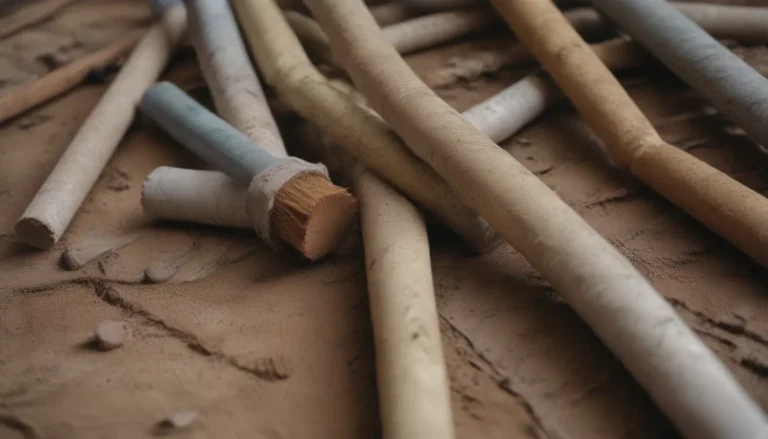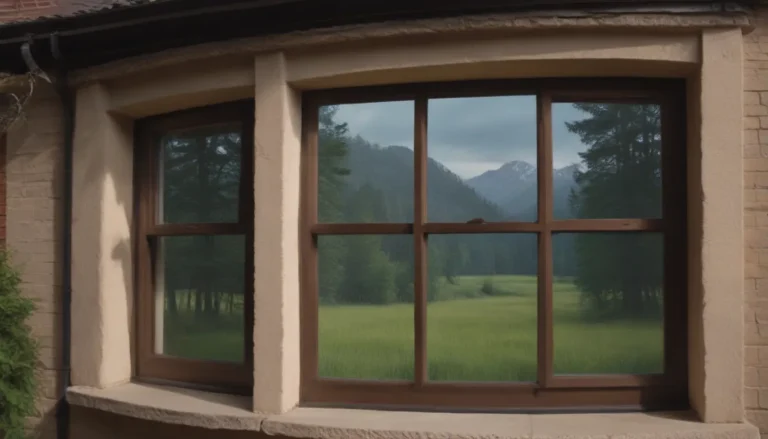The Ultimate Guide to Basement Flooring: Everything You Need to Know
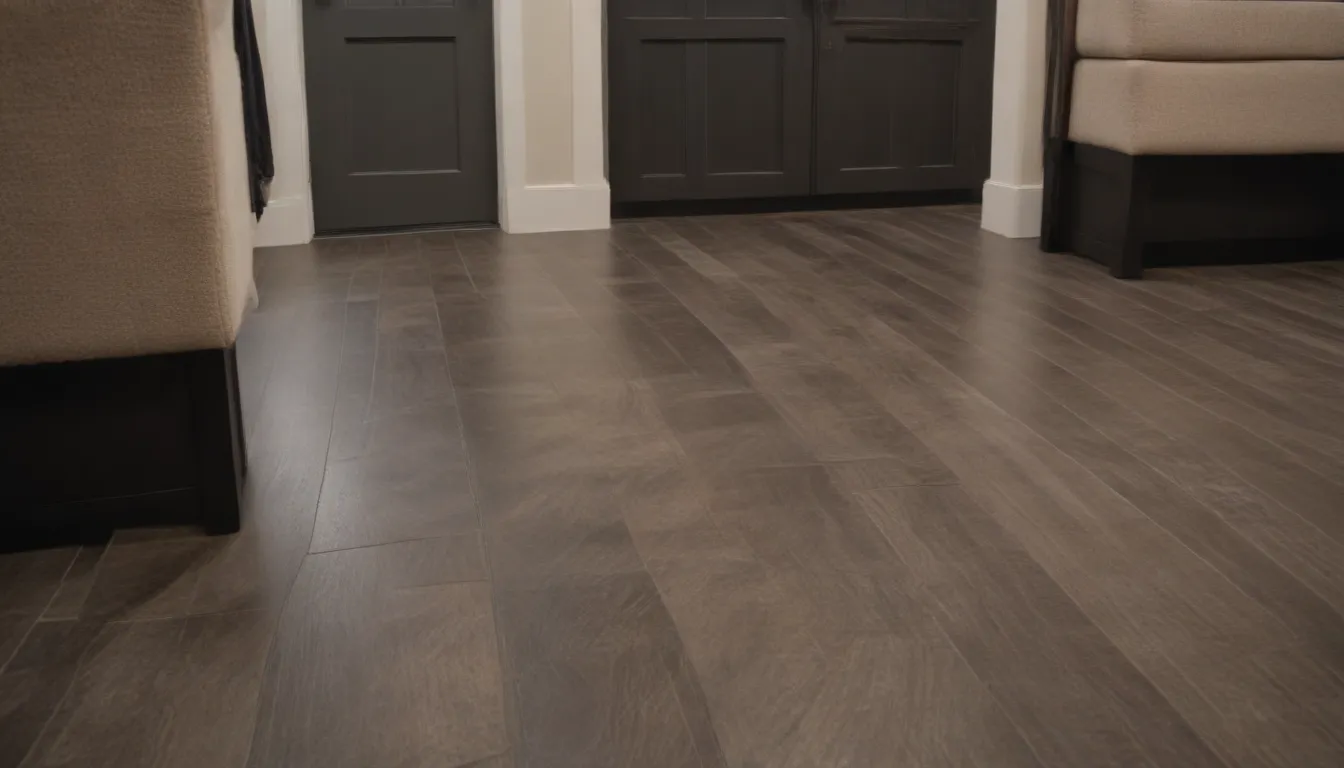
Are you looking to transform your basement into a functional and comfortable space? One of the key elements to consider is the flooring. Basement flooring requires special attention due to its unique challenges, such as moisture and potential flooding. In this comprehensive guide, we will explore the best basement flooring options, their pros and cons, and tips for ensuring a successful installation.
Understanding the Challenges of Basement Flooring
Basement flooring operates under different rules compared to other areas of your home. Due to its close proximity to the ground, basements are prone to moisture issues, even in dry weather. Additionally, basements can be susceptible to flooding during heavy rains. When selecting basement flooring, it’s essential to consider both appearance and functionality, with a focus on moisture resistance and quick drying capabilities.
5 Qualities of Good Basement Floors
When evaluating basement flooring options, keep these five qualities in mind:
- Hard material: Choose materials that can withstand moisture and are resistant to water damage.
- Inorganic materials: Opt for materials that are not susceptible to mold or mildew growth.
- Fewer layers: Select flooring options with minimal seams and joints to prevent moisture infiltration.
- Raised subfloor: Consider installing a raised subfloor to provide ventilation and prevent moisture buildup.
- De-moisturizing solutions: Explore options for sealing or waterproofing the flooring to protect against moisture intrusion.
The Top 10 Basement Flooring Options
1. Sheet Vinyl Flooring
Sheet vinyl flooring is a popular choice for basements due to its water-resistant properties. The seamless surface of sheet vinyl helps prevent moisture infiltration, making it an ideal option for basement environments. Consider installing vinyl baseboards to further protect against water damage.
Pros:
- Water-resistant
- Seamless surface
- Easy to clean
Cons:
- Tile vinyl may have seams that can trap moisture
2. Ceramic or Porcelain Tile Flooring
Ceramic or porcelain tile offers a durable and attractive flooring solution for basements. Tile can be installed directly on the concrete slab, and radiant heating systems can be added for additional comfort. To prevent cracking, consider using an uncoupling membrane under the tile.
Pros:
- Durable and easy to clean
- Attractive finished surface
- Compatible with radiant heating systems
Cons:
- May require additional installation steps like uncoupling membrane
3. Engineered Wood Flooring
While solid hardwood is not recommended for basements due to moisture issues, engineered wood flooring is a suitable alternative. Engineered wood is dimensionally stable and can withstand limited exposure to moisture, making it an ideal choice for basement environments.
Pros:
- Dimensionally stable
- Offers the beauty of real wood
- Easy to install and maintain
Cons:
- Not suitable for prolonged moisture exposure
4. Luxury Vinyl Plank or Tile
Luxury vinyl flooring is a modern and versatile option for basements. With its floating floor installation, luxury vinyl can replicate the look of wood or stone while offering water-resistant properties. The deep embossing on wood-look vinyl provides a realistic texture.
Pros:
- Water-resistant
- Realistic wood or stone look
- Easy installation
Cons:
- May be prone to scratching
5. Concrete Flooring
Concrete flooring has gained popularity in recent years for its utilitarian appeal and versatility. Concrete can be painted or stained to create a customized look for your basement. Applying a waterproof sealant can help protect the floor from moisture.
Pros:
- Durable and versatile
- Customizable appearance
- Easy to clean and maintain
Cons:
- May require additional treatments for aesthetics
6. Plank Tile Flooring
Plank-sized porcelain tile flooring offers the look of real wood with the durability of tile. With rectified edges that fit seamlessly together, plank tile flooring provides a high-end finish for basements. Consider installing a waterproof sealant for added protection.
Pros:
- Durable and water-resistant
- Realistic wood look
- Easy to maintain
Cons:
- Requires precise installation for seamless finish
7. Wall-to-Wall Carpeting
While carpeting is often criticized for its moisture retention, it can be a viable option for basement flooring with proper installation. Solid subfloor systems can help mitigate moisture issues, and carpet squares provide a flexible solution for potential water damage.
Pros:
- Comfortable and insulating
- Easy to replace in sections
- Suitable for dry basements
Cons:
- Prone to mold and mildew growth
- Requires careful maintenance
8. Laminate Flooring
Laminate flooring has evolved to offer improved aesthetics and durability. While susceptible to moisture, laminate flooring can be installed in basements with the proper subfloor system. Raised subfloors provide additional protection against water vapor and minor flooding.
Pros:
- Attractive appearance
- Easy to install and maintain
- Cost-effective option
Cons:
- Vulnerable to water damage
- May require replacement if exposed to prolonged moisture
9. Rubber Flooring
Rubber flooring, commonly used in commercial settings, can also be suitable for basement play areas. Roll rubber and interlocking rubber tiles offer easy installation and minimal seams. Consider rubber flooring for spaces that do not require a formal finish.
Pros:
- Durable and shock-absorbent
- Easy to install and clean
- Ideal for play areas
Cons:
- May have limited design options
- Not recommended for formal living spaces
10. Cork Flooring
Cork flooring provides a natural and comfortable option for basement flooring. While susceptible to water damage, cork flooring can be installed with a subfloor system to protect against moisture. Consider cork flooring for areas that do not experience excessive moisture issues.
Pros:
- Natural and sustainable
- Soft and comfortable underfoot
- Provides thermal insulation
Cons:
- Prone to water damage without proper protection
- Requires careful maintenance
Tips for Successful Basement Flooring Installation
- Install a subfloor: Protect your flooring from moisture and provide a level surface for installation.
- Seal the concrete: Apply a waterproof sealant to prevent moisture and dampness in the basement.
- Address moisture issues: Identify and resolve the source of moisture before installing new flooring.
- Consider maintenance: Choose flooring options that are easy to clean and maintain for long-term durability.
- Prepare for emergencies: Have a plan in place for addressing water-based catastrophes like flooding.
By selecting the right flooring materials and taking proper precautions, you can create a functional and inviting space in your basement. Whether you choose ceramic tile, luxury vinyl, or cork flooring, it’s essential to prioritize moisture resistance and durability for long-lasting results. Explore the best basement flooring options and transform your basement into a stylish and comfortable living area.
